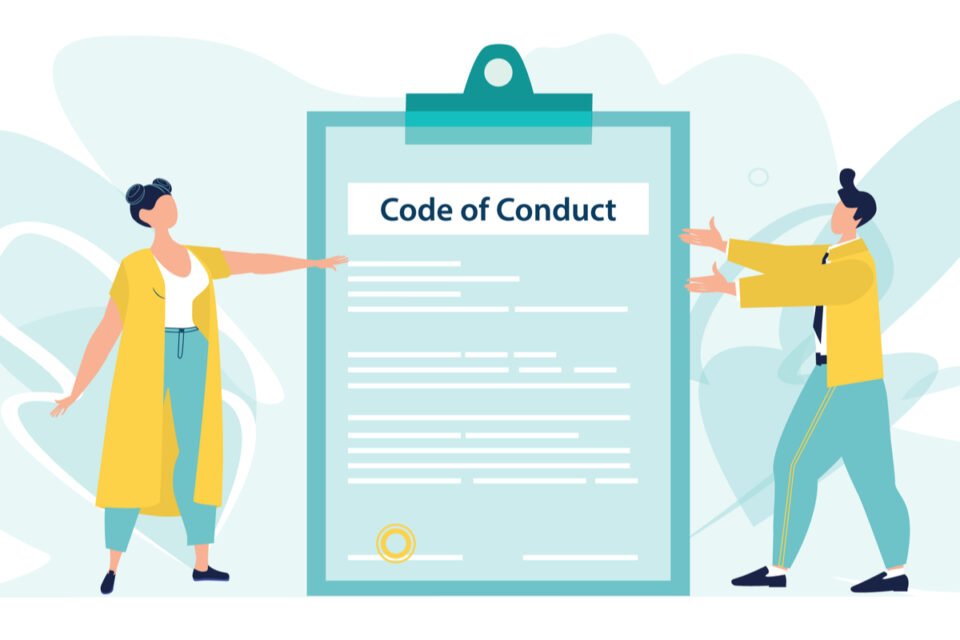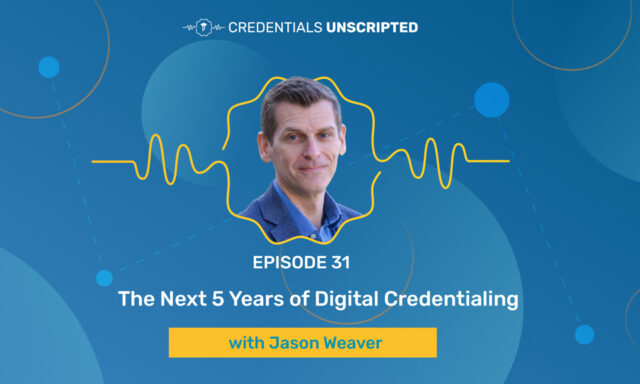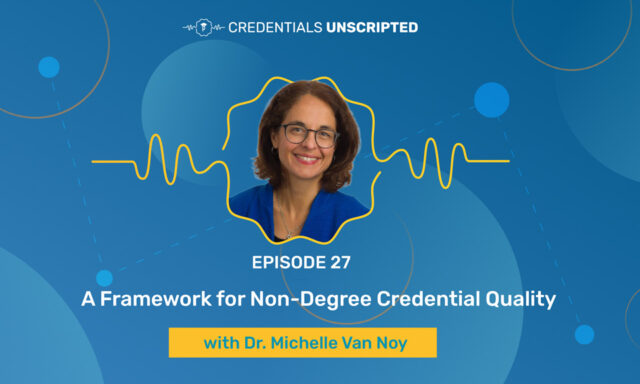Ethics play a major role in the education system. From the moment students and teachers start interacting, there’s a strong need for ethics to regulate academic methods to ensure each student earns their education with integrity, honesty, and fairness. Ethical decisions are made even before the student begins learning, particularly during the period of time in which college admissions take place. More recently, an ongoing investigation by the Antitrust Division of the United States Department of Justice (DOJ) encouraged the College Admission Counseling (NACAC) to discuss proposed changes to the Association’s Code of Ethics and Professional Practice (CEPP) during the NACAC’s annual conference.
As a counselor or other higher administration staff that sifts through college applications, these guidelines may have a major impact on the opportunity students have to attend college. Here are some of the proposed changes to be aware of:
Exclusivity for early decision
According to Inside Higher Ed, the following provision was discussed by the Assembly of the National Association for College Admission Counseling in a heated discussion in 2019.
To ensure all students who apply are given the same opportunity, after being accepted into the school, “Colleges must not offer incentives exclusive to students applying or admitted under an early decision application plan. Examples of incentives include the promise of special housing, enhanced financial aid packages, and special scholarships for early decision admits. Colleges may, however, disclose how admission rates for early decision differ from those for other admission plans.”
Restricted recruiting
Other provisions stated in the decision discuss how recruiting takes place, specifically for students who may have already committed to a different university.
“Colleges will not knowingly recruit or offer enrollment incentives to students who are already enrolled, registered, have declared their intent, or submitted contractual deposits to other institutions. May 1 is the point at which commitments to enroll become final, and colleges must respect that. The recognized exceptions are when students are admitted from a waitlist, students initiate inquiries themselves, or cooperation is sought by institutions that provide transfer programs.”
A similar provision was set for recruiting transfer students.
“Colleges must not solicit transfer applications from a previous year’s applicant or prospect pool unless the students have themselves initiated a transfer inquiry or the college has verified prior to contacting the students that they are either enrolled at a college that allows transfer recruitment from other colleges or is not currently enrolled in a college.”
With these proposed guidelines in mind, the Department of Justice wants to maintain a fair and just system for students to thrive. The approved changes have been met with resistance by some, however, the standards are in place to protect the objective of the student – learning. While this may not considerably impact your job as a higher education staff member in the immediate future, these changes are something to consider now and in an ever-changing moral climate, we all continue to navigate.
For other information on streamlining the recruitment process in the meantime, learn more about how Parchment Inc. can help you today.
There’s always more to learn.



